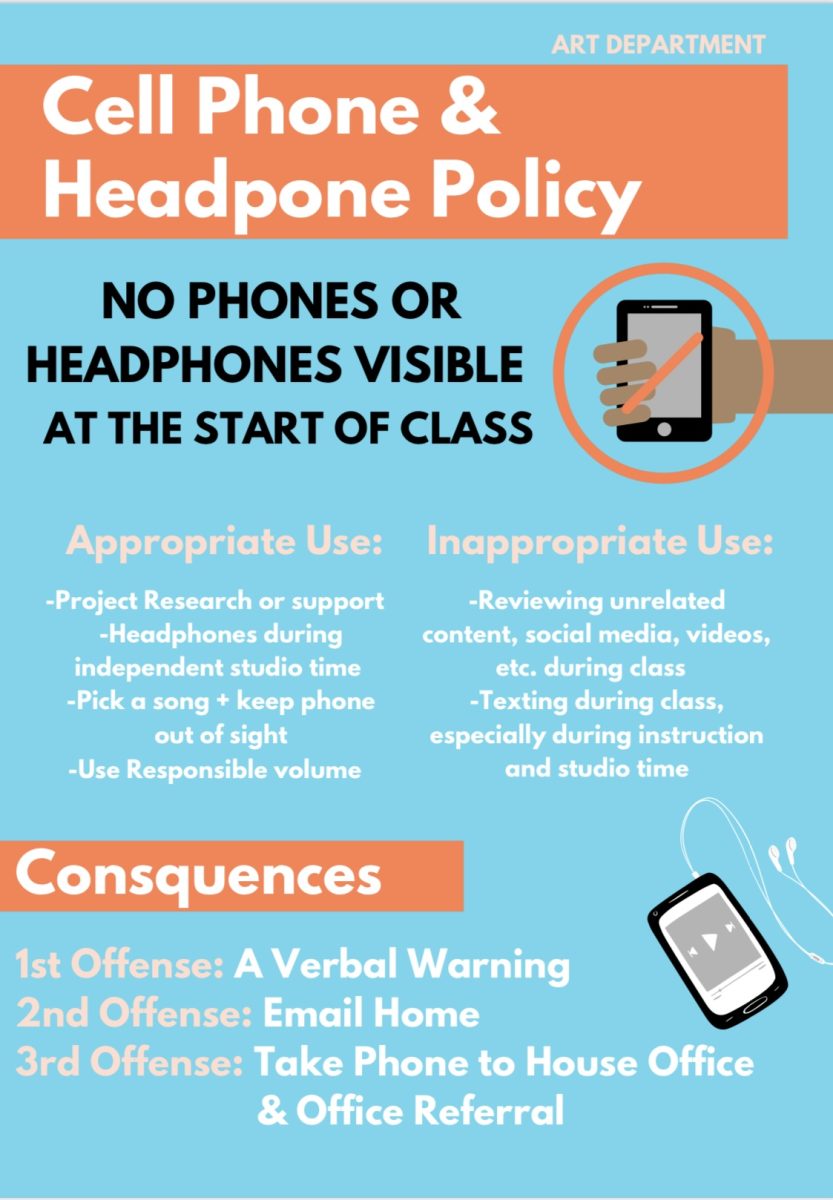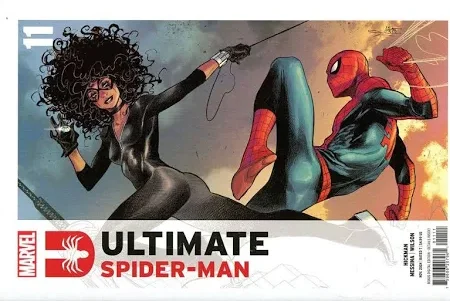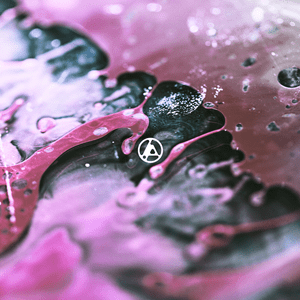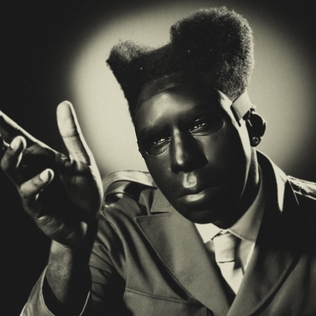Chromokopia, the latest album from Tyler the Creator, is a bold leap forward for an artist already known for pushing boundaries. The project shows him venturing into new emotional territory, revealing a more nuanced, introspective side without losing the humor, energy, and boldness that fans have come to expect. Tyler has always had a knack for blended arrogance and vulnerability, but Chromokopia takes this mix to a new level, delving into topics that feel raw and unfiltered.

From the very start, Tyler establishes a tone of self-reflection, inviting listeners into his mind as if opening a private journal. He explores themes of shyness, fear, and the complex process of embracing his “true” self. One standout track, “Take Your Mask Off,” is almost a manifesto on authenticity. The song challenges not only the listener but Tyler himself, asking the difficult question of what it means to truly be oneself. This theme of unmasking appears repeatedly, both in the lyrics and visuals. In the music video for “Mask Is Off,” Tyler offers a rare behind-the-scenes look at his creative process, showing moments of vulnerability as he works on the album. These scenes have an unpolished, almost documentary-like quality, which only adds to the album’s raw honesty.
Family is another central theme in Chromokopia, especially Tyler’s complicated relationship with his father. In past albums, he’s occasionally hinted at the pain and resentment he feels toward his absent father, but here, he confronts it more directly. On the track “Like Him,” Tyler reflects on the traits he might have inherited from his father—both the good and the bad. It’s a deeply personal song, almost like a conversation with himself as he wonders whether he’s destined to carry certain flaws. In a twist, he also hears from his mother in this song, offering a more compassionate perspective on his father’s life. This conversation is one of the most emotional moments on the album, giving listeners a glimpse into Tyler’s evolving understanding of family, forgiveness, and his own identity.
Tyler’s production on Chromokopia is as eclectic as ever, but there’s a new level of sophistication in how he combines sounds and influences. He doesn’t jump from style to style; instead, he weaves them together in a cohesive, intentional way. For example, “I Killed You” starts almost like a playful nursery rhyme, only to shift into a hard-hitting critique of Western beauty standards and societal pressures. Tyler layers in African-inspired rhythms and horns, bringing a sense of pride in his Black identity that feels powerful and unapologetic. It’s a striking piece that blends his playful side with a serious message, showcasing his growth as a lyricist and producer.
Not all of the album is introspective, though. Tyler makes room for his more braggadocious side, especially on “Sticky,” a lively track featuring Sexyy Red and GloRilla. This song is a fun throwback to the wild energy of Tyler’s earlier work, with a catchy beat and playful lyrics that don’t take themselves too seriously. It’s a brief pause in the middle of the album, offering listeners a chance to let loose before diving back into heavier themes. Tyler’s confident lines about identity and self-assurance shine through, reminding fans that he hasn’t lost the boldness and humor that made him famous.

Songs like “Rah Tah Tah” and “NOID” also show Tyler returning to his experimental roots, with echoes of the aggressive sound he explored in Cherry Bomb. But this time, there’s a new polish and refinement. He incorporates live instrumentation and jazz undertones, adding depth and texture to the tracks. The production feels layered and complex, yet nothing is overdone—there’s a balance that keeps the listener engaged without feeling overwhelmed.
One of the album’s most intriguing aspects is how Tyler uses his music to grapple with the idea of fatherhood. He’s been thinking about what it means to be a father, perhaps as he contemplates his own future. This theme comes up multiple times, not just in his reflections on his father, but also in broader questions about legacy and responsibility. Tyler seems to wrestle with his fears and uncertainties about what it would mean to take on that role. This vulnerability makes the album feel deeply personal.
Despite the weighty themes, Chromokopia never feels overly heavy or self-serious. Tyler’s humor and playfulness are still very much present, and he finds ways to keep the music vibrant and engaging even when tackling serious topics. There’s something almost paradoxical about the way he blends arrogance with introspection, weaving together sounds and ideas that shouldn’t fit but somehow do. The album feels like a culmination of everything Tyler has been working toward—a showcase of his growth as an artist and a person.
Ultimately, Chromokopia is a reminder of why Tyler, the Creator continues to stand out in today’s music landscape. He’s unafraid to take risks, both in his production choices and in the topics he explores. By incorporating elements of jazz, African rhythms, and lively instrumentation, he’s created a sound that feels both eclectic and cohesive. And by opening up about his personal struggles, he’s crafted an album that feels honest and relatable, giving listeners a chance to connect on a deeper level.




































